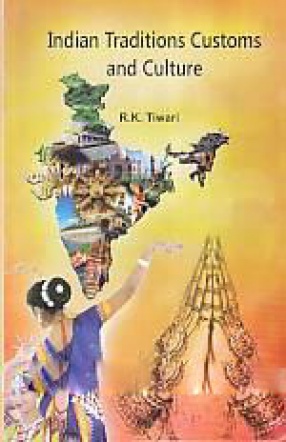Two of the leading departments of Sanskrit scientific literature, the legal and the grammatical, have been already sufficiently noticed; of those remaining, the most important by far is the philosophical. The beginnings of philosophical speculation are seen already in some of the later hymns of the Veda, more abundantly in the Brahmanas and Aranyakas, and then especially in the Upanisads. The evolution and historic relation of the systems of philosophy, and the age of their text-books, are matters on which much obscurity still rests. There are six systems of primary rank, and reckoned as orthodox. A grammar is necessarily in great part founded on its predecesors, and it would be in vain to attempt an acknowledgment in detail of all the aid received from other scholars. The labors of the general school of Sanskrit grammar reached a climax in the grammarian Panini, whose text-book containing the facts of the language cast into the highly artful and difficult form of about four thousand algebraic-formula. The chief and most authoritative commentary on his work is that called the Mahabhasya great comment, by Patanjali. The presentation the forms and constructions of the older language, as exhibited in the Veda and the Brahmana. Grassmann’s excellent Index-vocabulary to the Rg-Veda, and my own manuscript one to the Atharva-Veda, gave me in full detail the great mass of Vedic material.
Atharva Veda Samhita (In 3 Volumes)
$86.40
$96.00






There are no reviews yet.